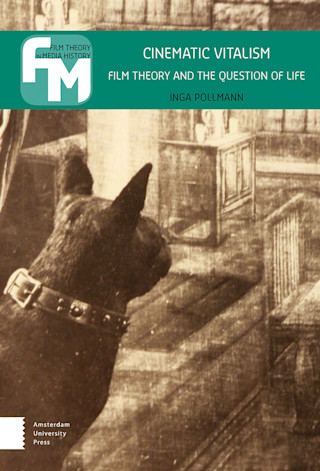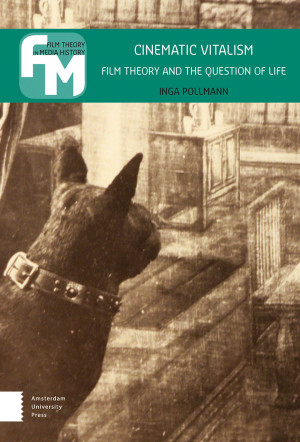Acknowledgements
Introduction: ‘The sanguine, pulsating, enterprising modern life’: Cinema and Vitalism
1. Taking Life for a Spin
2. Turn-of-the-century Vitalism and Philosophy of Life
3. Early Film Theory
4. Cinematic Vitalism
Chapter 1: Vitalism and Abstraction: Rhythm and Non-Organic Life from Hans Richter to Sergei Eisenstein 27
1. The Reinvention of Cinema in Abstract Film
2. A Universal Language
3. Bergson, Intuition, and Art
4. Setting Form into Motion: Scroll Paintings and Empathy
5. Transition to Film
6. Back into Matter: from Abstraction to Montage
Chapter 2: New Worlds: Uexküll’s Umwelt Theory at the Movies
1. Forays
2. A Meditation on Mediated Dogs
3. The Agony of the Starfish: Uexküll’s Chronophotography
4. Of Ticks and Humans
5. Against Anthropocentrism: Umwelt and Cinema
6. A Necessary Field of Action: Benjamin, Umwelt, and Play
7. Painlevé’s Cinema of Bewilderment
Chapter 3: The Interweaving of World and Self: Transformations of Stimmung in Expressionist and Kammerspiel Film 100
1. The Mediation of a Dog’s World
2. A Brief Aesthetic History of Stimmung
3. Turn-of-the-Century Vitalist Stimmung and the Cinema: Georg Simmel and Hugo von Hofmannsthal
4. Balázs, Kammerspielfilm, and Expressionism
5. The Kammerspiel Film: Naturalist Plots and Progressive Aesthetics
Chapter 4: Open Bodies, Open Stories: Evolution, Narration and Spectatorship in Postwar Film
Theory
1. The Axolotl and the Cinema: Bazin, Bergson, and Evolution
2. Cinema’s Milieu
3. Life and the Temporalities of Film and Painting
4. Post-Apocalyptic Life: Kracauer’s Theory of Film
5. Conclusion: Vital Cinema
Bibliography

